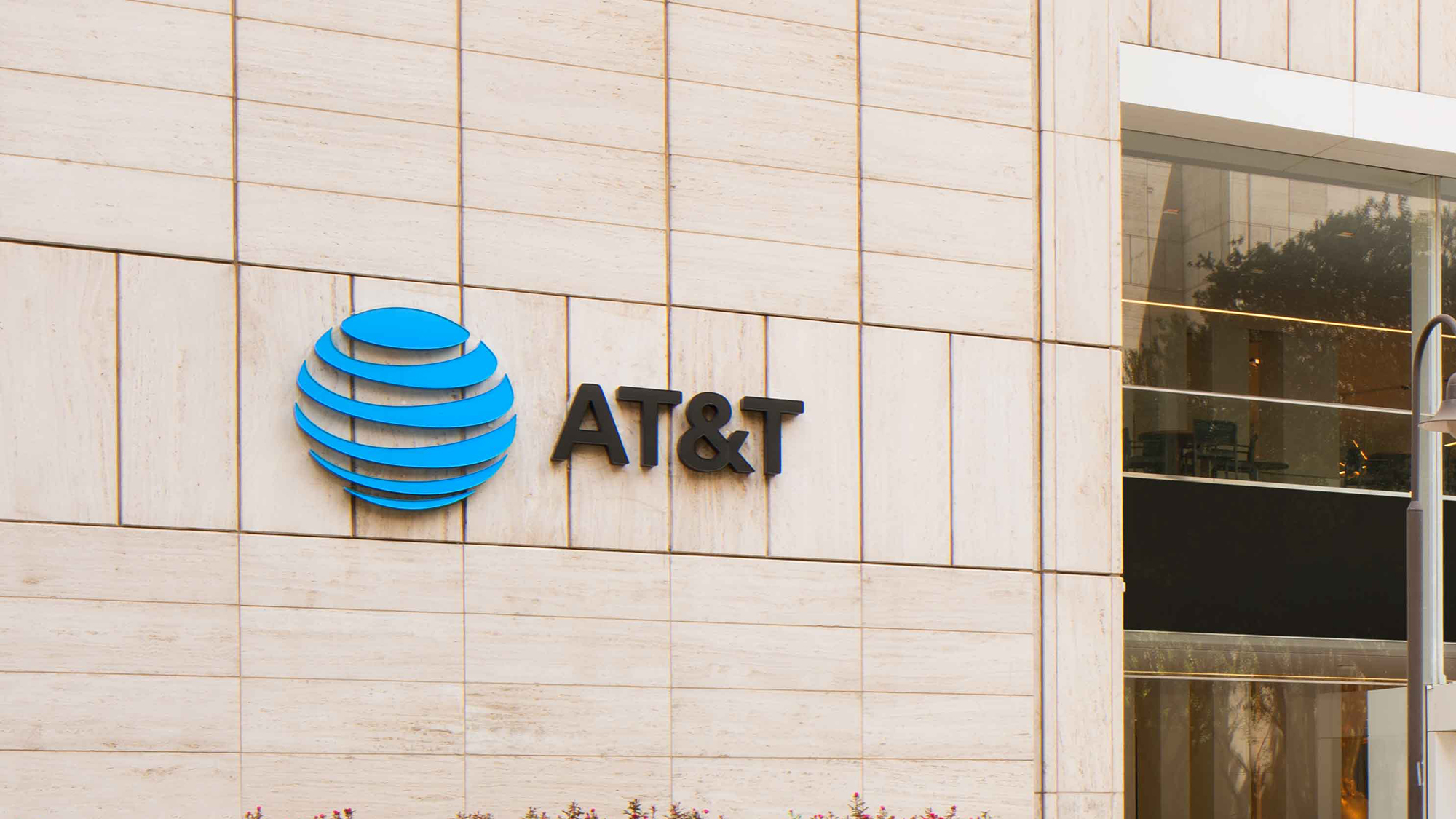Digital Equity Needs Subsidies, Not Unfunded Mandate, Says AT&T
Tells FCC laudable goal demands solutions tailored to individual business cases

The smarter way to stay on top of broadcasting and cable industry. Sign up below
You are now subscribed
Your newsletter sign-up was successful
AT&T is all for digital equity, just so long as the government recognizes that where private capital makes buildouts infeasible, government money must be available to help close the divide, and that the definition of what is commercially feasible must reflect the unique challenges of individual businesses.
That is because deploying broadband "is a highly capital-intensive and technology-specific undertaking, and every company engaged in the effort must contend with unique capital needs and pressures," the company said, according to comments it filed with the FCC, which Congress has charged with adopting rules that make sure there is equal access to broadband by prohibiting discrimination based on race or other "impermissible" factors.
AT&T said that while it knows of "no instances of discrimination based on those proscribed factors," Congress properly charged the FCC with making sure it doesn't happen. And while it said the FCC must adopt rules to prevent digital discrimination by income, race, ethnicity, religion, or other factors, it should not do so "prospectively."
AT&T said that where there is no business case to deploy the broadband facilities and services on the road to digital equity "government subsidies – not unfunded mandates – are the most effective solution where broadband deployment is economically unfeasible."
The digital equity mandate is in the Biden infrastructure bill, which contains tens of billions of dollars in broadband subsidies to achieve the administration's goal of universal, affordable, high-speed broadband.
The company says it plans to take a "central role" in that "historic undertaking" and has already invested billions of dollars to deploy fiber to 17 million homes and plans to double that by 2025. The Biden administration favors fiber buildouts but is taking a generally tech-neutral approach to subsidies so long as it delivers high speeds at affordable costs.
AT&T is one of the ISPs that have promised a $30-per-month offering so that with the $30-per-month subsidy in the infrastructure bill, low-income Americans can get the service for free. ■
The smarter way to stay on top of broadcasting and cable industry. Sign up below
Contributing editor John Eggerton has been an editor and/or writer on media regulation, legislation and policy for over four decades, including covering the FCC, FTC, Congress, the major media trade associations, and the federal courts. In addition to Multichannel News and Broadcasting + Cable, his work has appeared in Radio World, TV Technology, TV Fax, This Week in Consumer Electronics, Variety and the Encyclopedia Britannica.

